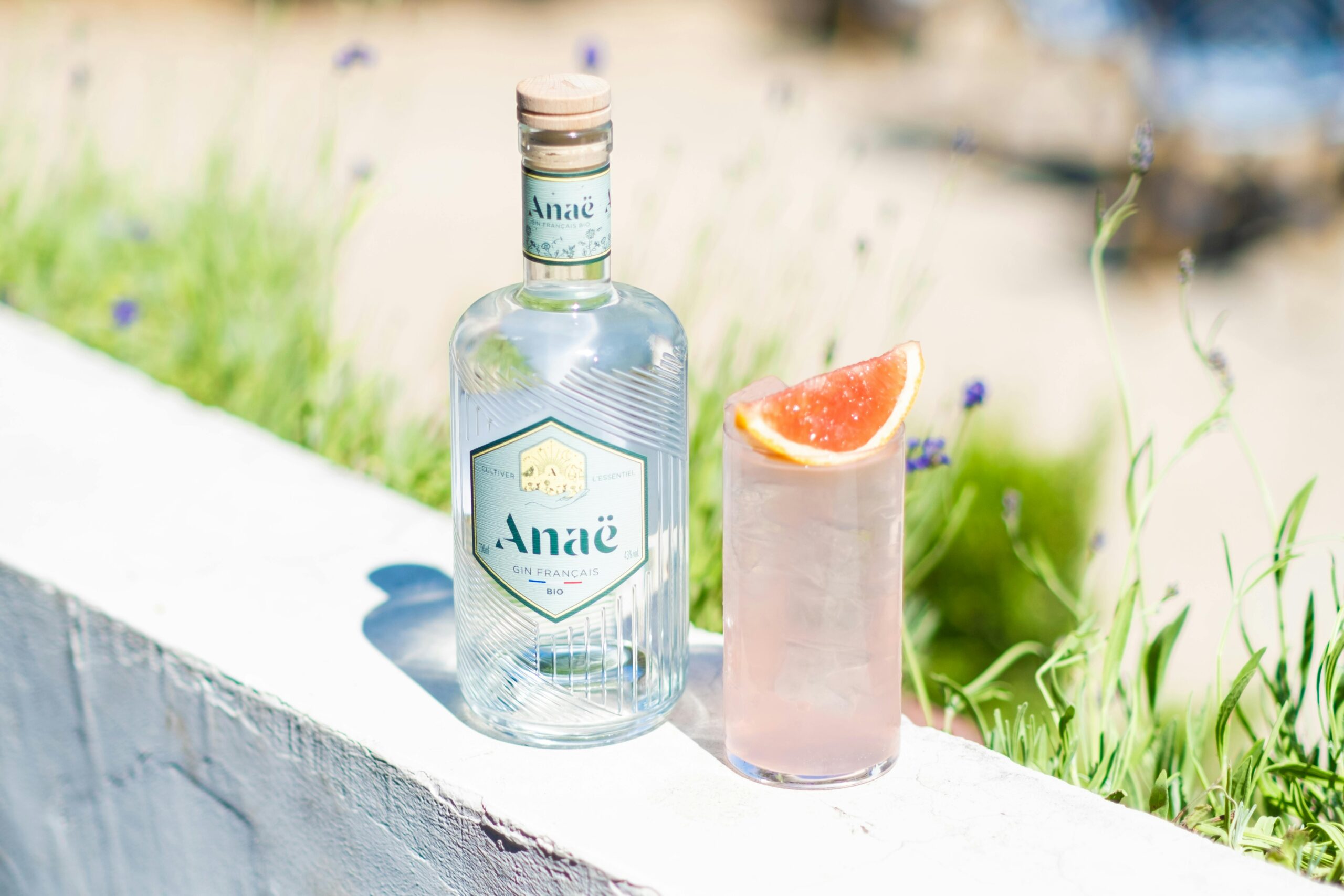Photo by Tim Durand
Today, I want to go a little more specific into a topic that’s crucial for anyone concerned about their brain’s well-being: the damage caused by alcohol to our brains.
The Effects of Aging on Alcohol Tolerance
Let’s start with the basics. Aging brings about changes in our bodies, including how we metabolize alcohol. What you could handle in your younger years may no longer be the case as you age. This reduced tolerance means that the same amount of alcohol can now stay in your system longer and hit you harder than before. It’s a harsh reality, but an important one to accept as we grow older.
Medication and Increased Risk
Another critical factor is medication. As we age, the likelihood of relying on prescription drugs increases significantly. In fact, about 60% of adults take at least one prescription daily, and this number jumps to 83% among those aged 70 and older. Many medications explicitly warn against alcohol consumption due to potential interactions that could range from harmful to life-threatening. This interaction becomes more pronounced with age, particularly affecting older women, who tend to be more sensitive to these risks.
Physical Risks: Injuries and Brain Health
Beyond interactions with medication, alcohol also increases the risk of physical injuries, especially falls. Even minor falls can have serious consequences for brain health, potentially causing injuries without directly hitting your head. This risk is compounded by alcohol’s impact on coordination and judgment, both of which decline with alcohol consumption. Regular alcohol use can also lead to cerebellar damage, affecting balance and coordination—a serious concern for aging individuals.
Brain Shrinkage and Cognitive Decline
Perhaps most concerning is the effect of alcohol on brain structure and function. Research indicates that regular or excessive alcohol consumption can lead to brain shrinkage and even brain cell death. It alters the brain’s structure in ways that can accelerate cognitive decline and increase biological aging. For instance, studies have shown that consuming more than the recommended daily amount of alcohol can age individuals biologically by several years, highlighting the damage of alcohol on brain health.
Responsible Drinking Guidelines
So, what constitutes responsible drinking, especially as we age? According to guidelines, women should limit themselves to one drink per day, while men can have up to two drinks per day. However, these recommendations change for individuals over 65, particularly those on medication. For this demographic, even moderate alcohol consumption may no longer be advisable due to heightened health risks.
What Counts as One Drink?
To clarify, a standard drink is defined as:
- A 12-ounce can or bottle of beer
- A 5-ounce glass of wine
- A 1.5-ounce shot of liquor (80-proof)
Understanding these measurements is crucial for making informed decisions about alcohol consumption as you age.
In conclusion, while enjoying a drink now and then can be a social pleasure, it’s crucial to understand how alcohol interacts with an aging brain. By making informed choices and being proactive about healthier habits, like drinking less alcohol, can really help and can safeguard your cognitive abilities and enjoy a fulfilling life well into your senior years.
Learn More From Me
If you’re interested in learning more about this topic, or if you want advice that’s just right for you, consider attending one of my free Better Brain Masterclasses. These classes give you great tips and strategies for keeping your brain sharp as you get older. For more printable resources on brain health, be sure to check out my resource library and don’t forget to connect with our supportive community on Facebook. Together, we can make the most of every brain-boosting opportunity!
If you’re ready to take your brain health to the next level, consider joining the KYBS Partners Club, a monthly membership program that provides exclusive access to resources, recipes, and personalized support from me. I’d love to have you on board!
Disclaimer: This post contains affiliate links, which means if you purchase through these links, I may receive a small commission at no extra cost to you. I only promote products from people I trust and who I have purchased from in the past.




